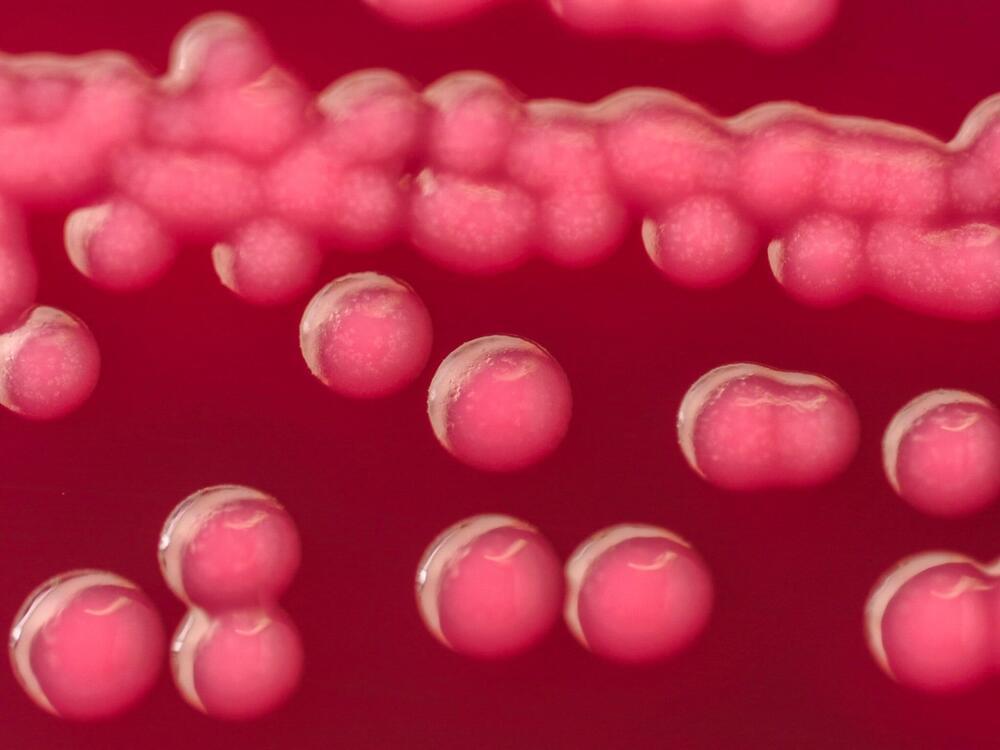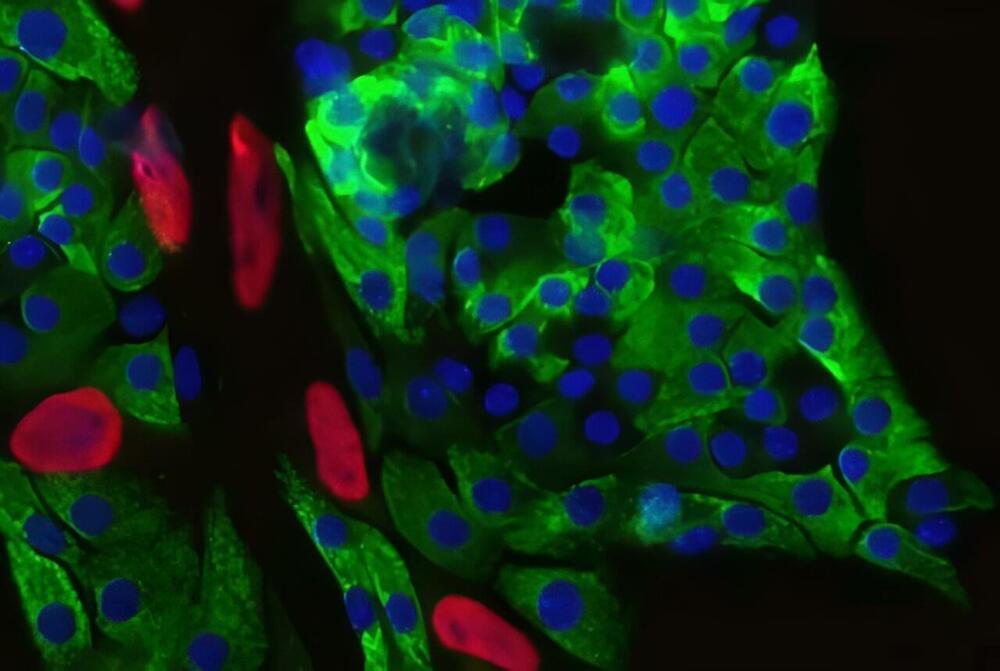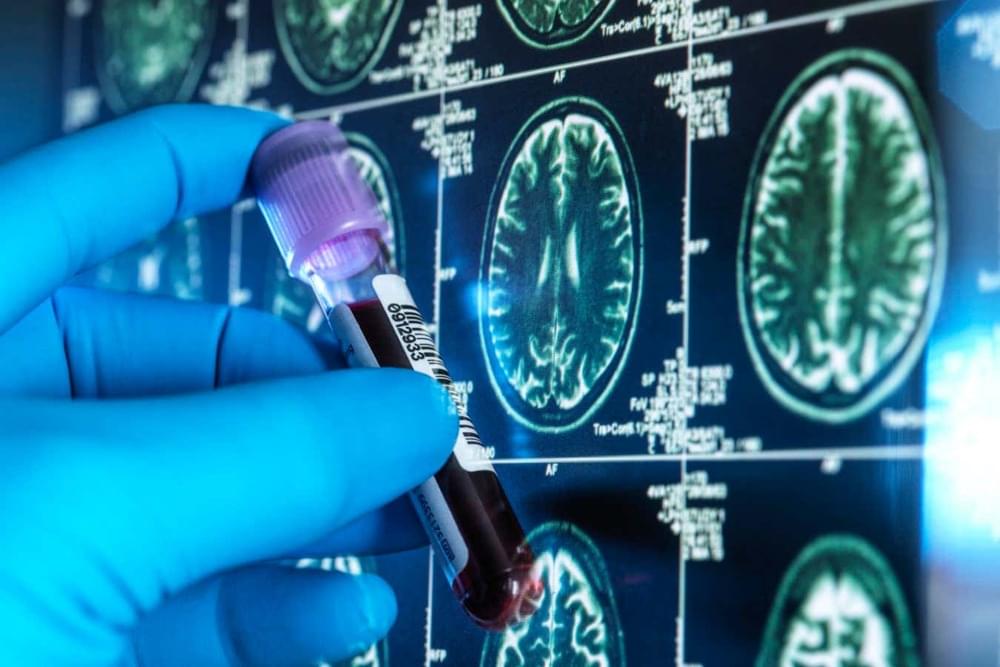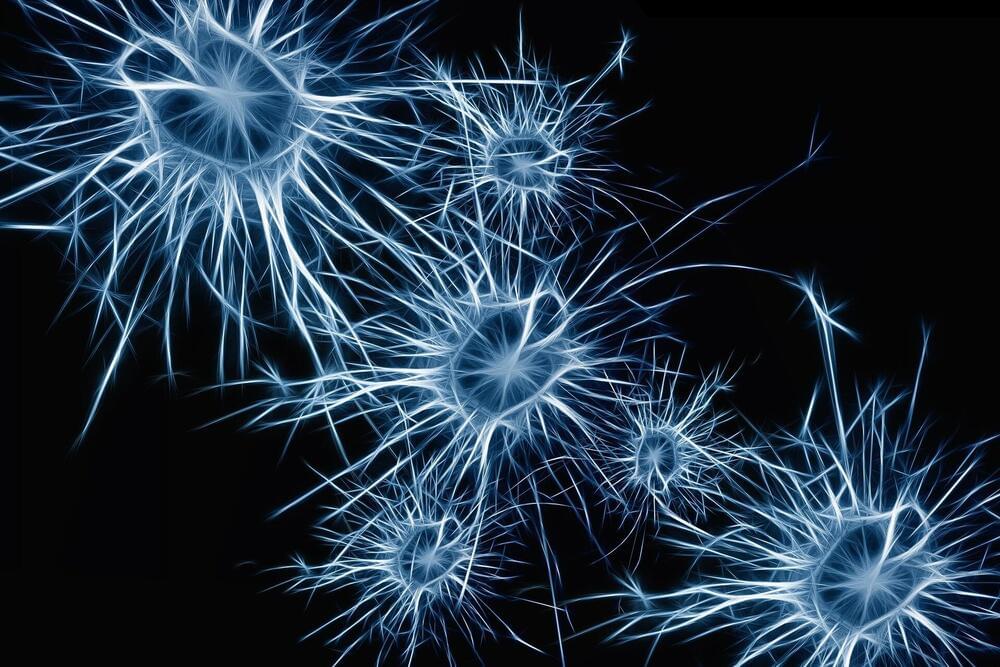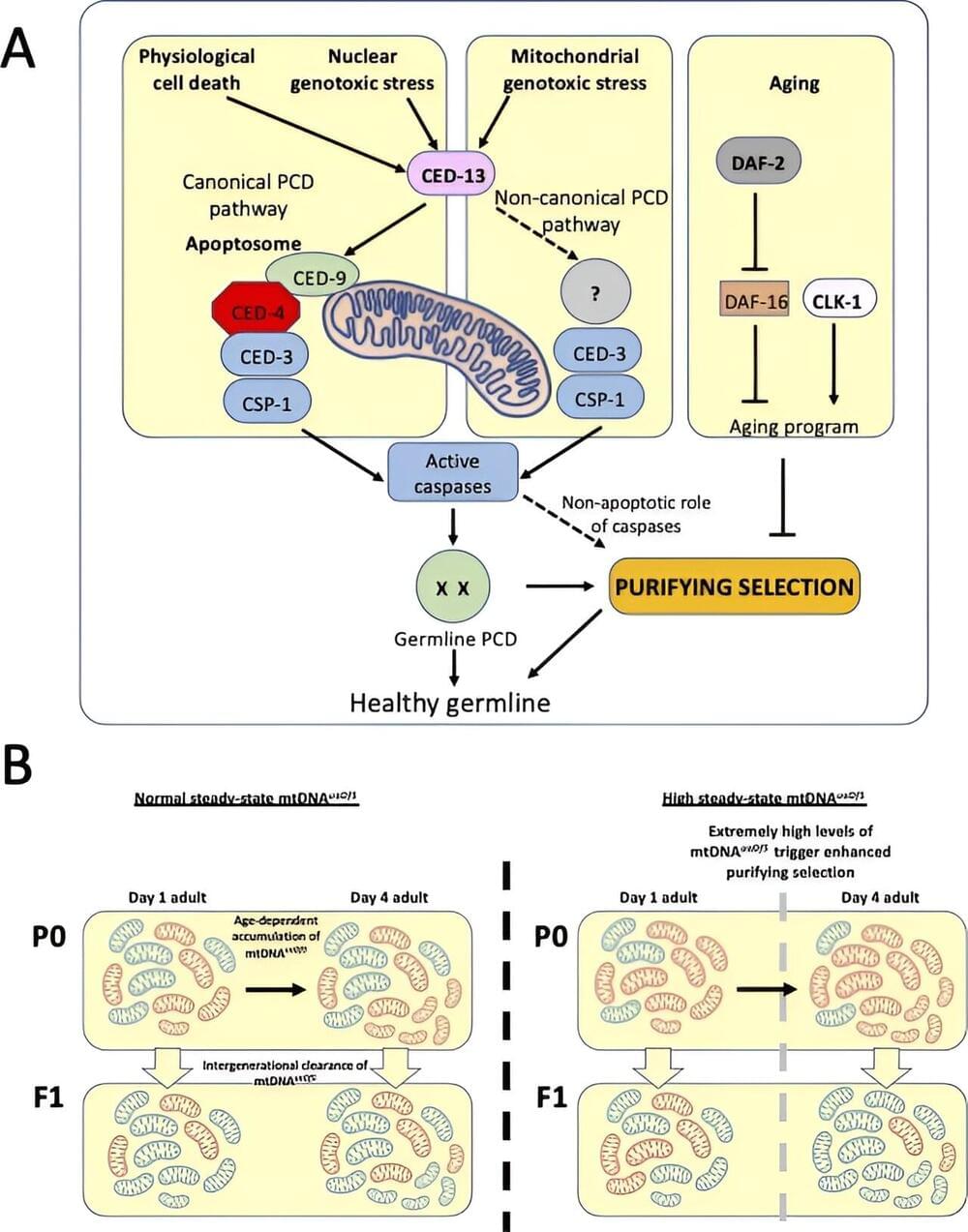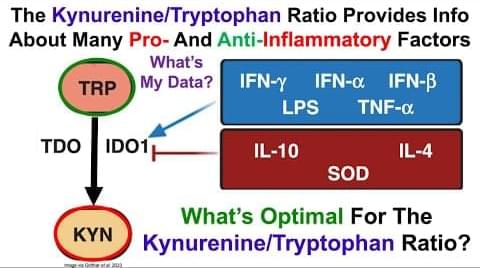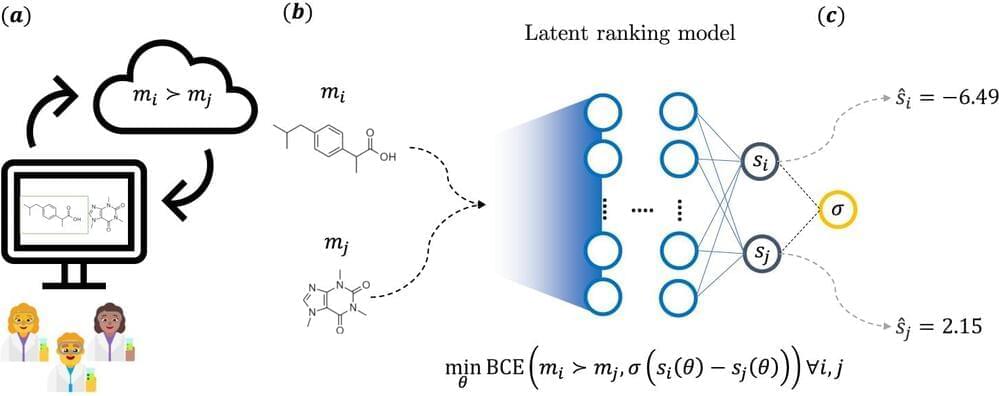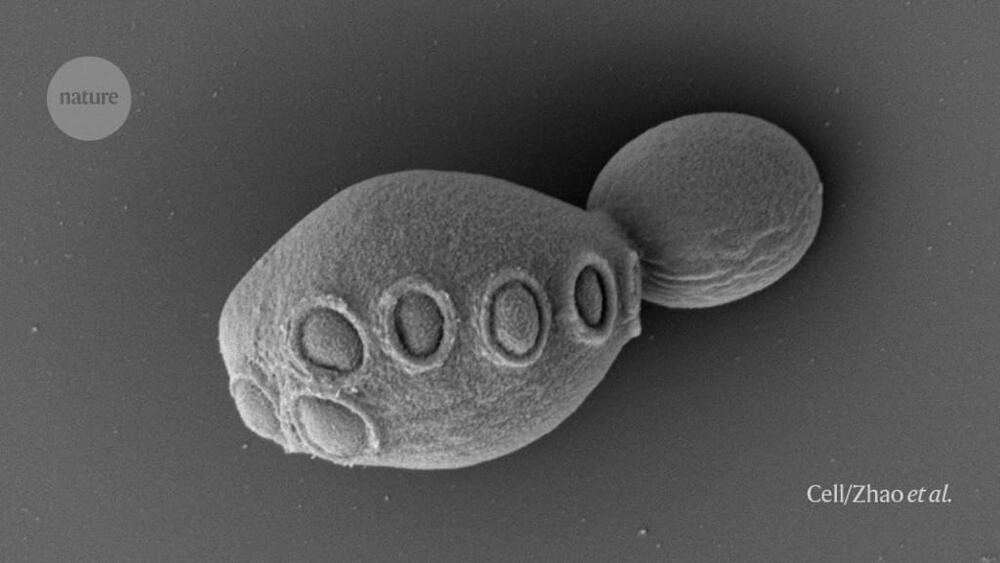Nov 9, 2023
Artificial bladders shine light on pathogens that cause urinary tract infections
Posted by Shubham Ghosh Roy in categories: biotech/medical, health
Research published in Science Advances is the first to use a sophisticated human tissue model to explore the interaction between host and pathogen for six common species that cause urinary tract infections. The findings suggest that the “one size fits all” approach to diagnosis and treatment currently used in most health care systems is inadequate.
Urinary tract infection (UTI) is a growing problem, with around 400 million global cases per year and an estimated 250,000 UTI-related deaths associated with antimicrobial resistance (AMR). Although UTI is often perceived as a simple bacterial infection, 25–30% of UTIs recur within six months despite antibiotic therapy for reasons that are poorly understood.
A condition that primarily affects women, UTI has been historically understudied and underfunded, with no improved anti-infective treatments introduced since Alexander Fleming discovered antibiotics nearly a century ago. Diagnosis primarily rests on the midstream urine culture method (dipstick test), an early 20th century technique that is known to miss many infections.
